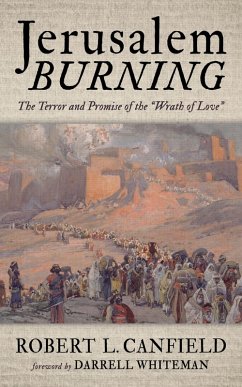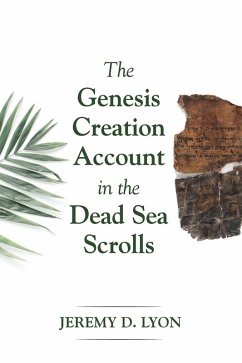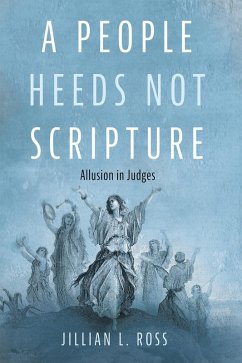The Babylonian attack on Jerusalem in 587 BCE forced upon the Israelite survivors the realization that Yahweh, one of the gods they had venerated, was an overwhelming presence in their affairs. The attack on their city had been devastating, overturning virtually the only world they knew. Such a disaster had been prophesied by several prophets of Yahweh who had warned them against worshipping other gods than Yahweh and ignoring his commandments. These prophets reminded them that in the ancient past Yahweh had established a special relationship with their people, binding them to himself through a covenant in which Yahweh promised to protect and lead their people while they were to honor him as their only god and keep his commandments. The community of survivors living as exiles in Babylon, and their heirs who would return to Judah after 539 BCE, believed that Yahweh had caused the destruction of their society because of the refusal of their people to abide by the terms of the ancient covenant. Indeed, they saw it as an act of Yahweh's love, an appeal for them to honor him as their only god so that he could show them his favor. Anthropologist Robert Canfield examines the process by which this transformation in religious understanding took place, describing it as an example of how human beings imaginatively imbue their affairs with moral significance.
Dieser Download kann aus rechtlichen Gründen nur mit Rechnungsadresse in A, D ausgeliefert werden.









